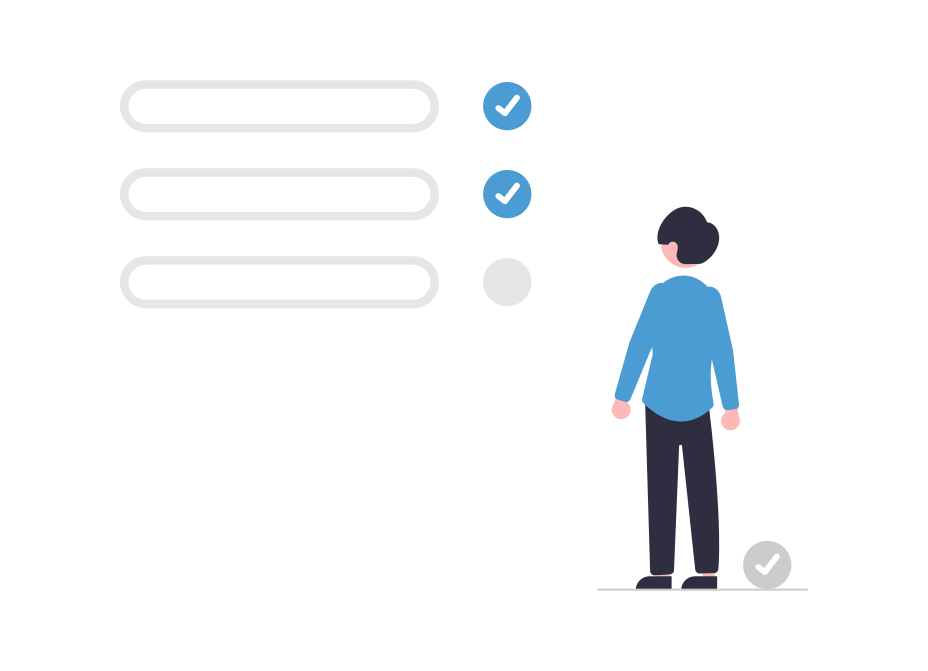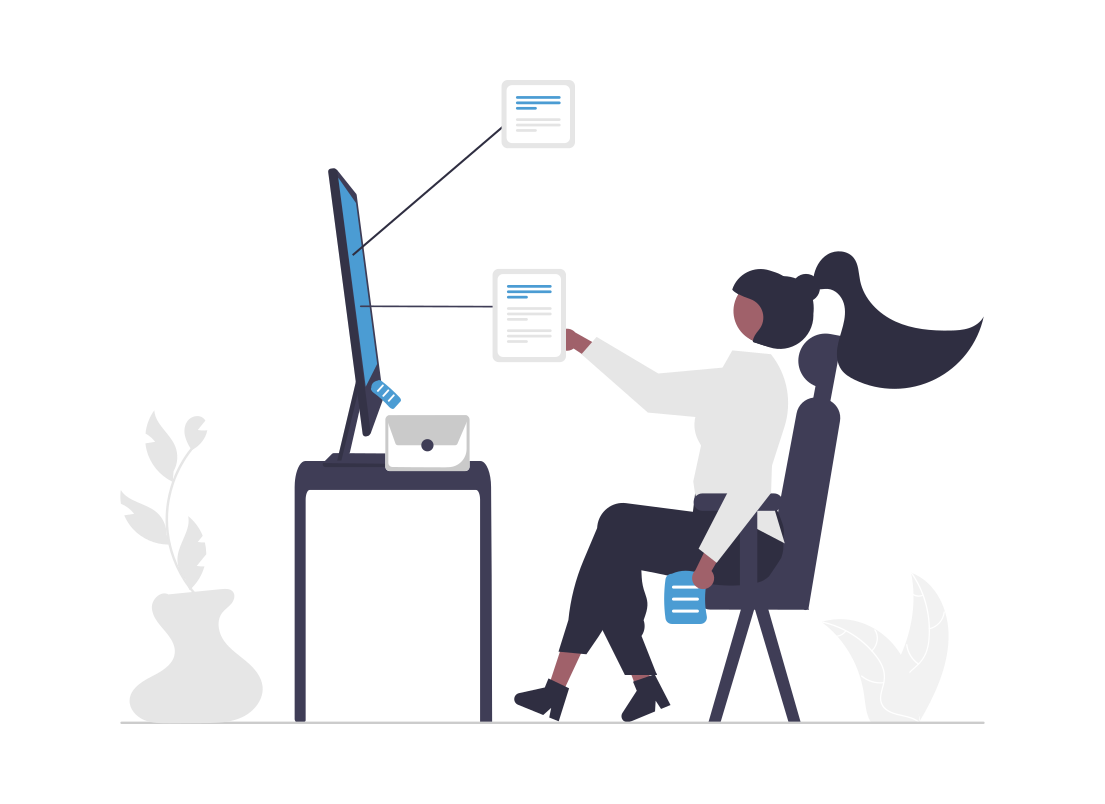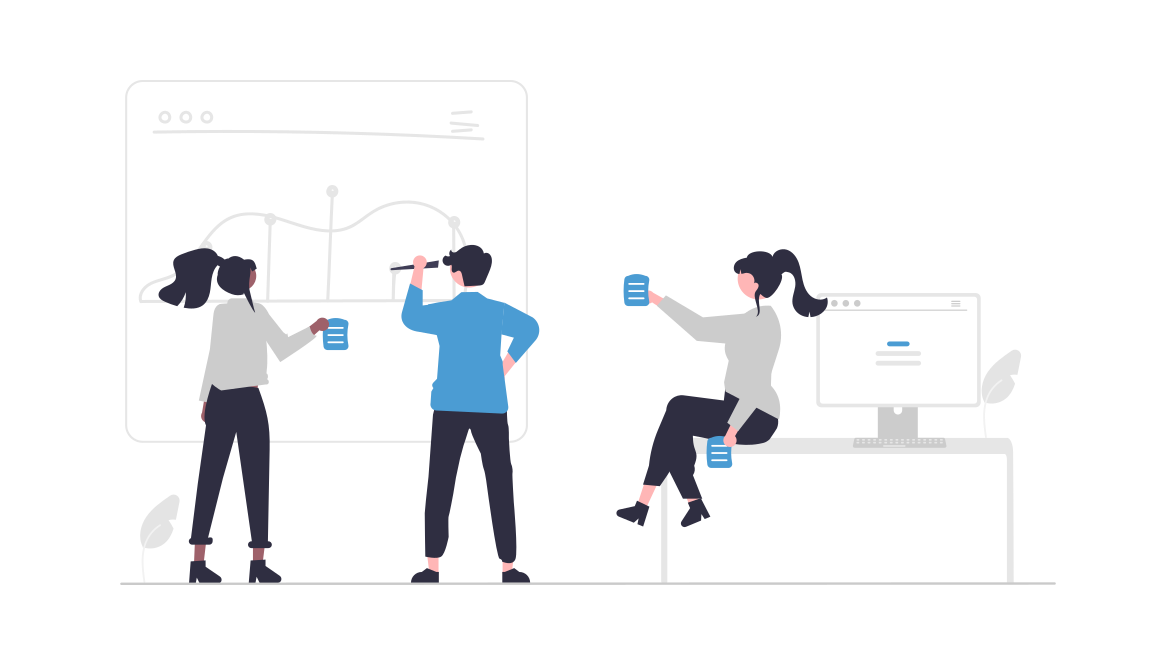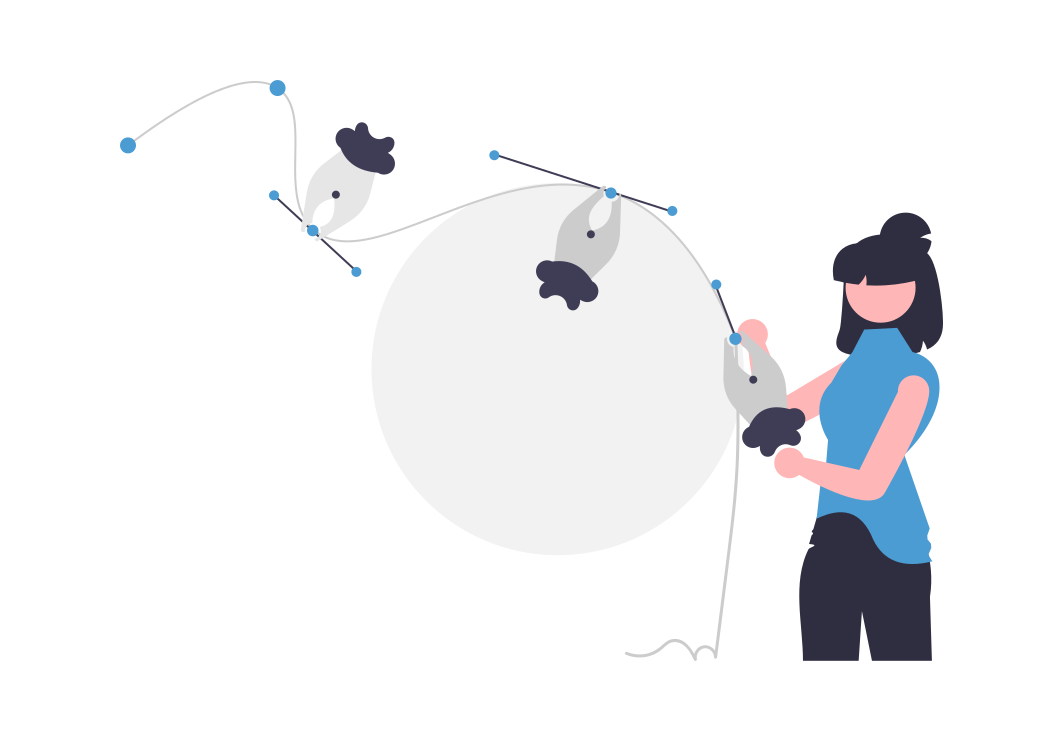On-Campus Resources (UNC-CH)
- Bioinformatics and Analytics Research Collaborative (BARC): The Bioinformatics and Analytics Research Collaborative (BARC) at the University of North Carolina at Chapel Hill is a multidisciplinary center that aims to provide bioinformatics expertise and analysis to researchers across the university and beyond for high throughput data. They analyze, visualize, interpret, and manage big data while also offering custom solutions to fit our researchers’ needs. Additionally, the center strives to educate researchers on current tools and techniques, foster a collaborative environment by hosting workshops, working groups, and seminars, and improve existing tools and/or invent new tools and algorithms.
- BIOS 735 – Introduction to Statistical Computing: This course teaches important concepts and skills for statistical software development using case studies. After this course, students will have an understanding of the process of statistical software development, knowledge of existing resources for software development, and the ability to produce reliable and efficient statistical software.
- CarolinaCloudApps: Carolina CloudApps is a web application development platform provided by Information Technology Services and powered by Red Hat’s OpenShift Container Platform software.
- INLS 625 – Information Analytics: The data explosion experienced by computerization of every aspect of our lives from social media to internet of things requires a deeper look at information analytics. The course introduces proven and emerging analytical techniques that can be used to deal with mountains of mostly unstructured data. We will look at several analytical paradigms from Predictive Modeling to Data Mining, Text Analytics to Web Analytics, Statistical Analysis to novel paradigms in Map Reduce and Storm. Knowledge of programming is essential.
- Microsoft Software:
- Odum Institute for Research in Social Science: Founded in 1924, the Odum Institute supports the social science teaching and research mission at UNC. We provide a range of consulting services on quantitative and qualitative methods, GIS and spatial analysis, survey research and data management.
- Program for Precision Medicine in Health Care: The mission of the UNC Program for Precision Medicine in Health Care (PPMH) is to foster advancements in evidence-based precision medicine approaches to screening, prevention, diagnosis, and health management for North Carolinians in the UNC Health System and beyond. They are developing a program of clinical, research, and educational initiatives that will create a unique vision and roadmap for precision medicine within the UNC School of Medicine and the UNC Health System.
- Need Help? | The Odum Institute: The Odum Institute at UNC-Chapel Hill has one-on-one consultations for data science with a number of staff and faculty members.
- Research Computing Consultation & Help: You can start a conversation with Research Computing with a simple email to research@unc.edu. They offer consultation as well as a wide array of low or no cost computing resources.
- Tableau Microsoft 365 Team for UNC-CH: https://teams.microsoft.com/l/team/19%3a0f56f1a63dcf4d3886de0aa11db50328%40thread.skype/conversations?groupId=717a38e6-8f23-43fc-8566-557d915787f3&tenantId=58b3d54f-16c9-42d3-af08-1fcabd095666
- UNC Dataverse: The Odum Institutes manages and provides access to the UNC Dataverse repository to enable individual scientists, research teams, scholarly journals, and other members of the research community to archive and publish their own datasets.
- UNC Git Service: Need help setting up or learning Git? Check out this UNC ITS Help page for documentation and additional resources.
- UNC Libraries Research Hub and Workshops: The Libraries offers free workshop series on Python and R (including Jupyter and R Markdown) open to everyone each Fall and Spring.
- UNC Statistical / Data Science Consulting Center – free statistical and data science consulting services (STOR)
- University Libraries | Text & Data Mining: The University Libraries is your source of guidance, assistance and content for text and data mining. Their team of experts is here to work with you on all aspects of your learning and research – from understanding how data and text mining can help you, to identifying and obtaining the source data you need.
Other Resource Categories




